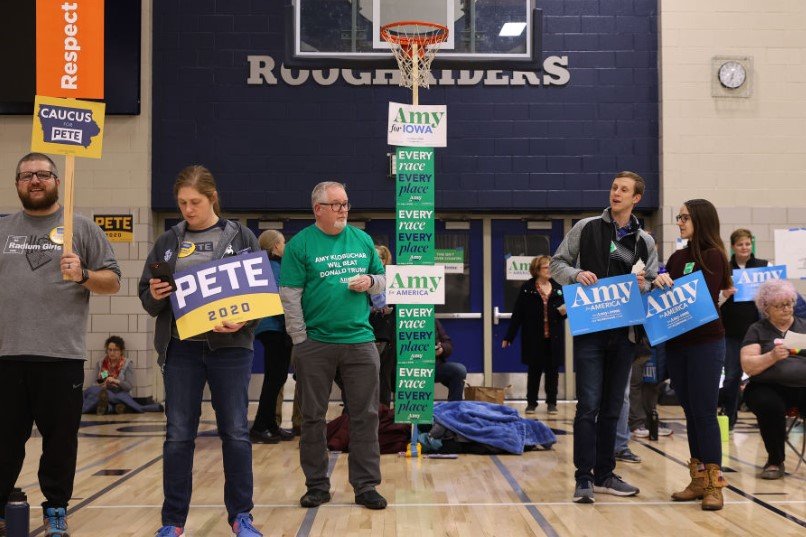A proposed bill in Iowa’s legislature could reshape the way voters participate in caucuses and primaries by imposing strict deadlines on political party registration. The legislation aims to prevent last-minute party-switching, a move that has sparked both support and criticism across the political spectrum.
A 30-Day Rule for Participation
A new bill, House File 353, would require voters to register with a political party at least 30 days before participating in that party’s caucus or primary. This would prevent voters from changing their party affiliation right before an election to influence outcomes. Additionally, candidates filing to run as a partisan would need to be registered with that party for at least a year before submitting their nomination papers.
Rep. Derek Wulf, R-Hudson, said the proposal was inspired by concerns raised during the 2024 Republican caucuses, where some Republicans feared that non-members were strategically switching affiliations to influence results.
“There was a lot of concern about Democrats switching parties and participating in the caucus process,” Wulf said. “Was there widespread sabotage? Maybe not, but the concern was there.”

Supporters Say It Protects Caucus Integrity
Advocates of the bill argue that ensuring only dedicated party members participate in nomination processes will uphold fairness. Wulf suggested that this move is crucial for Iowa’s political landscape, particularly in light of the Democratic National Committee’s decision to strip Iowa of its first-in-the-nation status before the 2024 election cycle.
The Iowa GOP has long championed its caucuses as a cornerstone of national elections. Supporters believe this bill could strengthen the state’s position by ensuring that the nomination process remains in the hands of committed party members rather than temporary registrants.
Critics Warn of Disenfranchisement
Not everyone is on board. Opponents argue that the bill imposes unnecessary barriers on voters and limits political freedom. Amy Campbell, representing the League of Women Voters of Iowa, said the measure discriminates against independent voters and those who base their decisions on individual candidates rather than party affiliation.
“Candidates should be evaluated on their qualifications, ideas, and voter support—not on an arbitrary party registration rule,” Campbell said. She also noted that many voters change parties depending on candidates or political shifts, making rigid registration deadlines restrictive.
Another major concern is the potential for increased tension at polling places. Rosie Thierer, a longtime poll worker in Mitchellville, fears that the bill could lead to heightened voter frustration, putting election workers at risk.
“Think about who you see when you go to vote—older, retired individuals volunteering their time,” Thierer said. “If a voter gets turned away because of this rule, it’s those workers who will bear the brunt of their anger. It could be verbal. It could be physical.”
Political Division Over the Bill
The measure has cleared its first hurdle, moving forward for consideration by the full House State Government Committee. However, it remains a divisive issue. Rep. Adam Zabner, a Democrat, declined to sign off on the proposal, while Republican Rep. Austin Harris voiced mixed feelings.
Though Harris approved moving the bill forward, he acknowledged concerns about restricting voter participation. “In its current form, I would have a hard time supporting this after the committee process,” he said.
The bill’s future remains uncertain. If it gains traction, it could significantly alter how Iowans engage with the nomination process, potentially setting a precedent for other states. Whether this is a safeguard for election integrity or a restrictive measure that limits voter participation is a debate that will continue to unfold in the coming weeks.

Comments